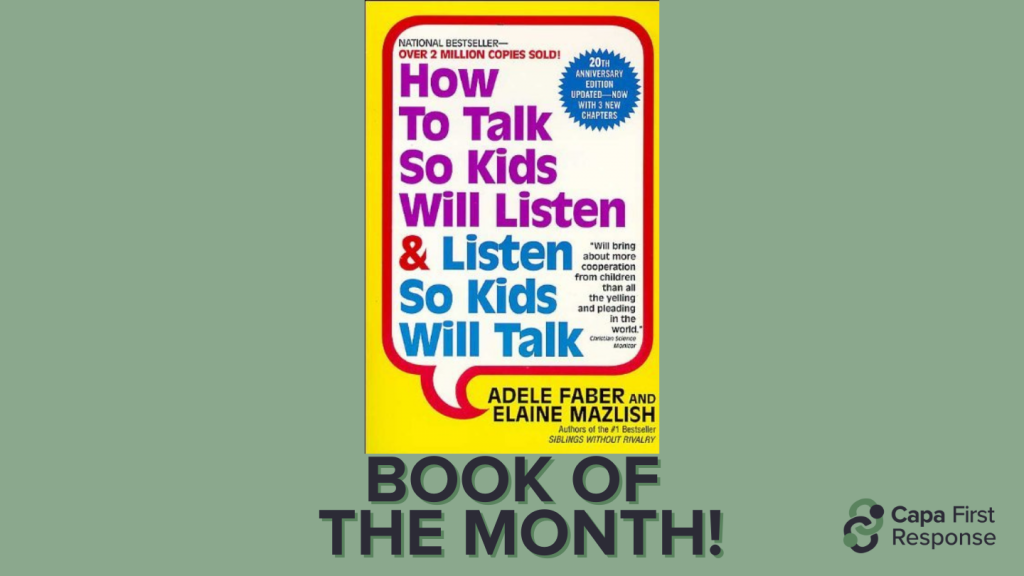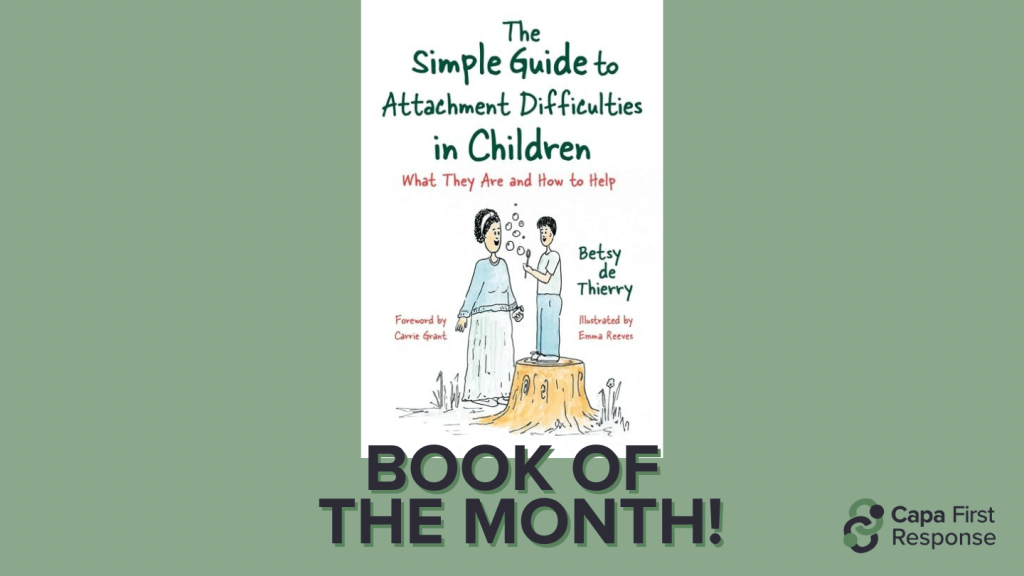Families
Are you experiencing harmful and/or aggressive behaviours from your child?
We are here to support you, and help improve relationships within your family.
We offer 1 to 1 sessions with our trained, specialist practitioners. We’ll help to create an action plan so that everyone feels safe at home. We are a fully inclusive, offering our services to all, regardless of location.
Every child, and every family is different, and we tailor our support to suit each individual situation.
To get in contact with us to discuss support for your family please click the button below to email us – please add info@capafirstresponse.org to your ‘safe sender’ list so you won’t miss our reply.
What Parents and Carers say
The advice you provided has been amazing! The violence has reduced massively. The carpet 10 minutes has been a miracle, L is now asking to do it every night and we regularly go over the 10 mins as it’s been hilarious and fun.
I was desperate to be able to thank you again.
Parent to L, 6 years old
Listen to one Mum's story of what life is like after support from us
All three sessions with you were absolutely amazing and better than any of the private therapy sessions I had before! Your compassionate approach to family conflicts, where everyone’s feelings are validated for what they are, will always guide me in the right direction.
Mother to a 19 year old
What to expect when working with Capa
Our vision statement at Capa is:
To stop harmful and/or aggressive behaviour in the home from a child or adolescent towards a parent or caregiver; For no parent or caregiver to feel alone in their experience and for whole families to have access to the support they need to improve their family situation.
Together we will:
Share strategies for change
Offer Specialist support
Increase your confidence to parent
Offer 121 for the WHOLE family including siblings
Help reduce Isolation
Help build positive healthy relationships with your child
Living in fear of your child can feel exhausting and upsetting – we want to help.
Everyone has the right to feel safe in their home.
If you are in fear of being hurt or someone in the house being hurt call 999.
It is hard to imagine calling the police on your child. Many parents we work with are, understandably, confused and scared about this. However, you and anyone else in the home have the right to feel safe.
Calling the police is not easy and may not be the answer for you but keeping safe is. The police DO NOT want to criminalise your child – this is about you making a very clear stance that ABUSE and VIOLENCE is not acceptable behaviour.
You are giving a clear message to your child that they also have the right to be safe and you are protecting them.
What to do if your child is being aggressive?
If it is safe to do so stay with your child and validate their feelings.
"I can see you are angry and you are allowed to be angry, but it is not okay to hit me/damage things".
Talking too much to anyone who is in a heightened emotional state can 'fall of deaf ears', they are unlikely to be able to respond in a calm way.
Stay present (if safe) and use few words to let your child know you are there. Continue to validate feelings, or if this escalates remain quiet.
Make sure you have your phone with you so you can contact the police or a friend for help and support.
Don't try to reason at this point with your child or demand they stop.
If you are in danger or fear for anyone in the home call the police.
One family’s personal experience of working with Capa First Response (Audio)
A mum records her experience, feelings and the outcome from working with Capa First Response
Books: How to Talk so Kids Will Listen…
This month Helen, our Evaluation Officer has picked our 'book of the month'. Helen recommends it as a 'must read for parents, useful for all stages of childhood and on into teenager years!' "How to Talk So Kids Will Listen & Listen So Kids Will Talk," offers...
The Simple Guide to Attachment Difficulties in Children: Book Review
This months 'book of the month' is "The Simple Guide to Attachment Difficulties in Children: What They Are and How to Help," by Betsy de Thierry. The book offers a comprehensive resource for parents/carers navigating the complex terrain of attachment issues in...


